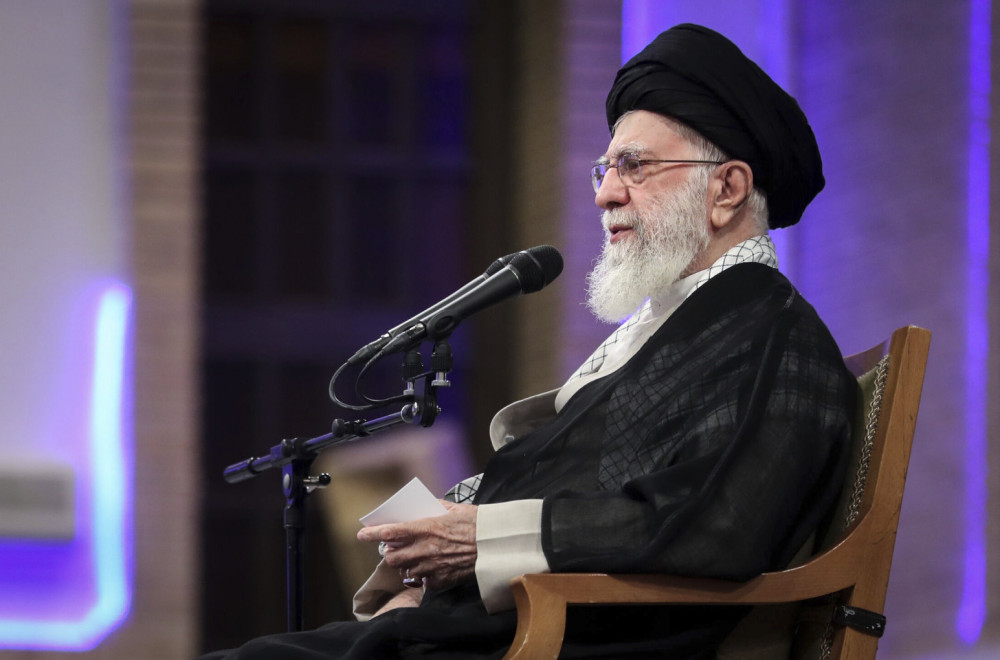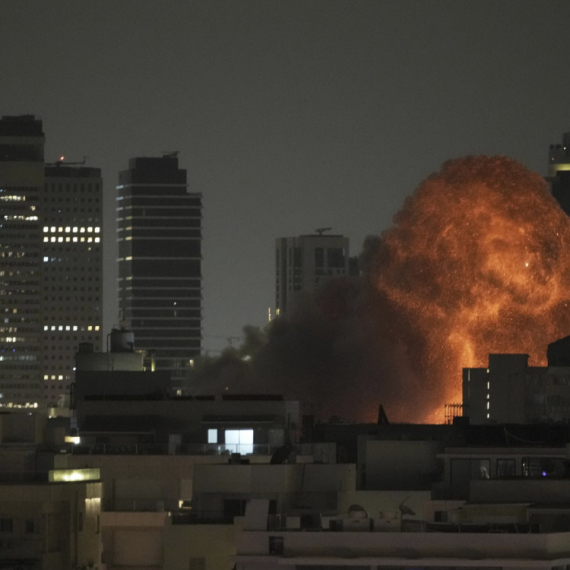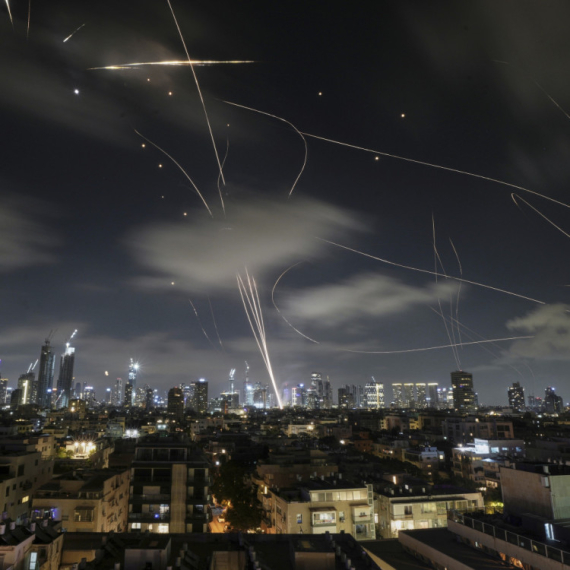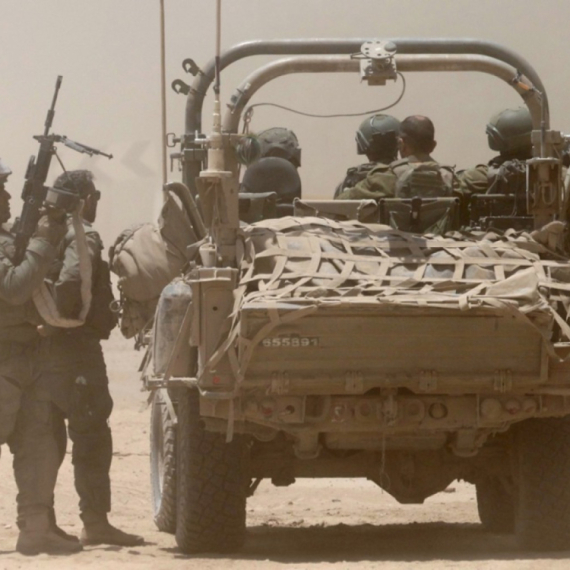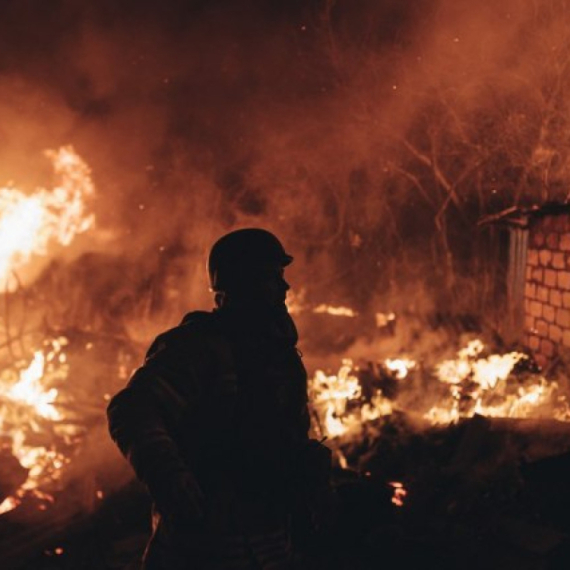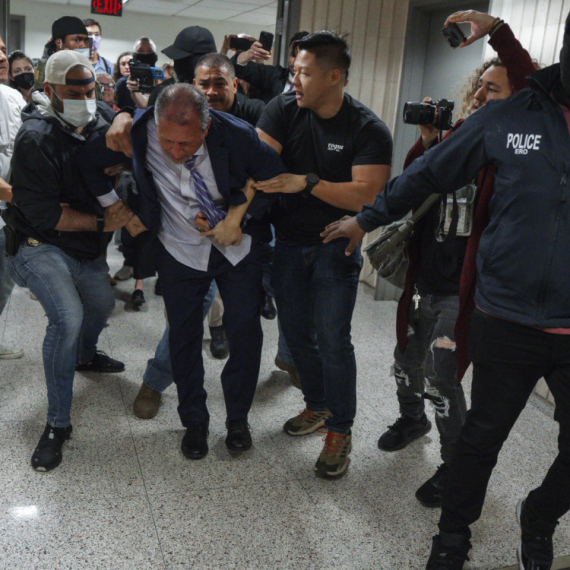Iran’s Supreme Leader, Ayatollah Ali Khamenei, has transferred key powers to the Supreme Council of the Iranian Revolutionary Guard Corps (IRGC) due to his five-day absence from the public. This extraordinary measure is seen as preventive to ensure continuity of command in case of his death or incapacity. Meanwhile, the IRGC has launched a new wave of missile attacks on occupied Palestinian territories in response to Israeli attacks. The situation escalated further after the Israeli military claimed to have killed the Iranian army’s chief of staff, while the IRGC announced it had struck the Mossad center in Tel Aviv. U.S. President Donald Trump commented on the situation, stating they do not want to kill Khamenei at this time but patience is running out. This situation highlights rising tensions between Iran and Israel with potential further consequences for regional security.
Political Perspectives:
Left: Left-leaning sources tend to emphasize the risks of escalating military conflict in the Middle East due to the transfer of powers by Khamenei and the ongoing missile attacks. They highlight the human cost and call for diplomatic solutions to prevent further violence. The narrative often critiques U.S. and Israeli military actions as provocations that exacerbate tensions.
Center: Centrist sources report the facts of the transfer of powers and the military exchanges between Iran and Israel in a balanced manner, focusing on the strategic and political implications. They emphasize the uncertainty surrounding Khamenei’s health and the potential impact on regional stability, while noting statements from all involved parties without strong bias.
Right: Right-leaning sources often highlight the strength and resolve of Iran’s leadership and military, portraying the transfer of powers as a strategic move to maintain control. They emphasize the threat posed by Iran to Israel and the West, supporting strong defensive and possibly offensive measures. The narrative may praise U.S. restraint but warn of the need for decisive action.






